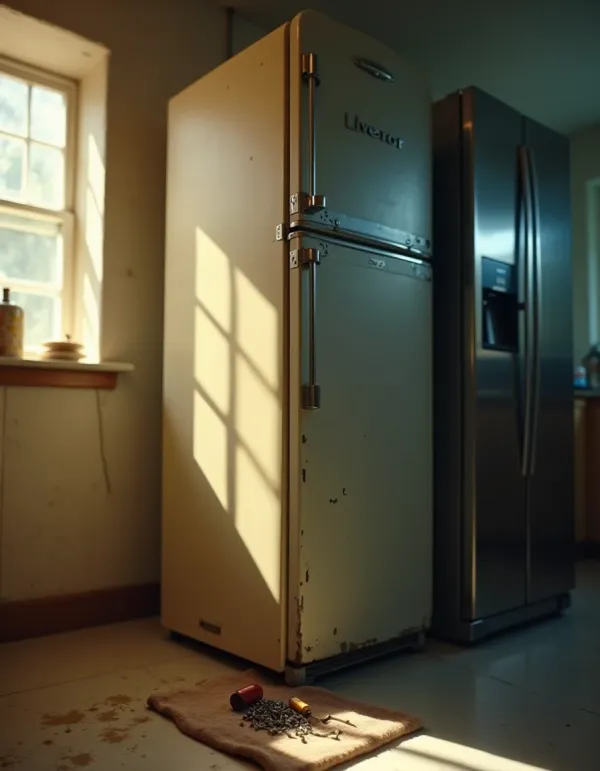When Your Past Relationship Doesn't Accept Your Trauma
Have you ever felt dismissed by someone important for your trauma? It might be time to reassess those relationships and prioritize your healing.

Understanding the Complexity
Breaking down barriers that hold back healing is tough, even more so when those barriers are people who were once close to you. It's a painful reality for individuals who have experienced trauma, only to have it questioned by those who mattered the most.
If you've gone through an event as devastating as rape and your former partner dismisses your experience, it's time to reassess that relationship. Some people suggest to stop engaging with the person who doesn't believe or support you. It's not about convincing them of what happened; it's about protecting your own mental and emotional health.
Finding the Path Forward
Your healing journey is personal and should be treated with the utmost care and respect. Some say if your ex was truly empathetic, they wouldn’t disregard your trauma. If they refuse to acknowledge your truth, stepping away might be necessary to your healing.
It's important to rely on those who do believe you, whether that's friends, family, or a therapist. Building a support system that doesn't invalidate your experiences is crucial. Choose to surround yourself with compassion and understanding.
Protecting Your Well-being
Some advice is to cut ties completely. When someone uses your trauma against you, it emphasizes a lack of respect and understanding. This might also point to needing emotional distance to process and heal.
Remember, it's okay to be kind to yourself. You deserve a relationship where your partner believes and supports you wholeheartedly. It’s not weak to walk away, but rather a step towards better emotional health.
While parting ways might feel harsh, it often opens doors to recovery and personal growth. After all, your narrative belongs to you, not to those who doubt it.




